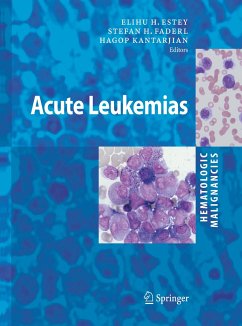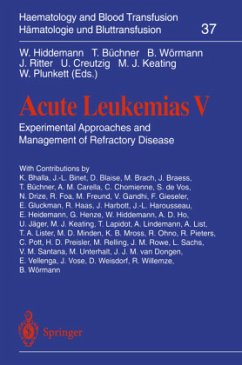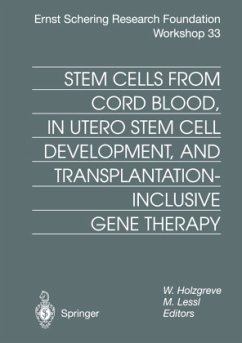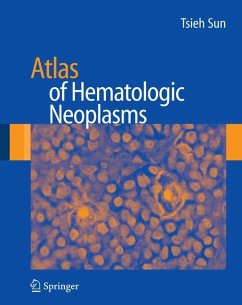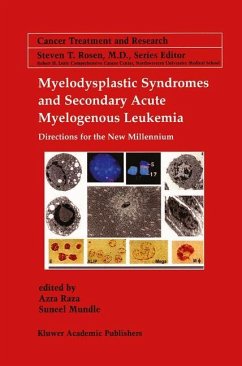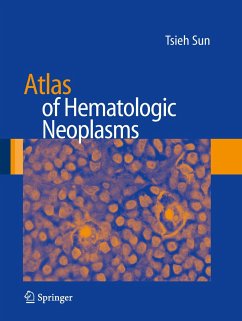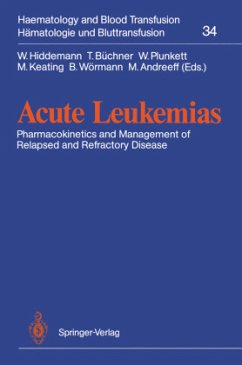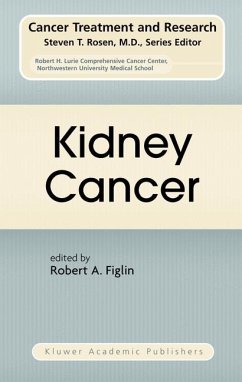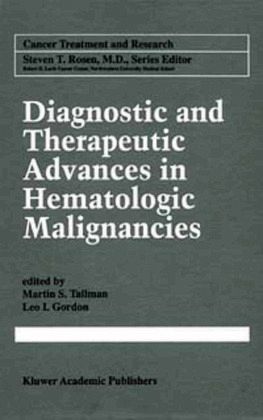
Diagnostic and Therapeutic Advances in Hematologic Malignancies

PAYBACK Punkte
113 °P sammeln!
There is no field of medicine in which advances in therapy have been so closely linked to a better understanding of molecular medicine than in the area of hematologic malignancies. For example, recent insights into the understanding of Epstein-Barr virus have led to new treatment options for patients with posttransplant lymphoproliferative disorders, as discussed in the chapter by Dr. Richard Ambinder et al. Similarly, Drs. Slack and Gallagher discuss the explosion of recent information regarding the molecular pathogenesis of acute promyelocytic leukemia. This particular morphologic subtype of...
There is no field of medicine in which advances in therapy have been so closely linked to a better understanding of molecular medicine than in the area of hematologic malignancies. For example, recent insights into the understanding of Epstein-Barr virus have led to new treatment options for patients with posttransplant lymphoproliferative disorders, as discussed in the chapter by Dr. Richard Ambinder et al. Similarly, Drs. Slack and Gallagher discuss the explosion of recent information regarding the molecular pathogenesis of acute promyelocytic leukemia. This particular morphologic subtype of acute my eloid leukemia warrants separate discussion because of our increased under standing of the pathogenesis of leukemia, as well as the dramatic advances in outcome that have occurred with differentiation therapy provided by the vitamin A derivative aW-trans retinoic acid, as discussed in the chapter by Drs. Frankel and Powell. New approaches in the therapy of diffuse aggressive lymphomas in relationship to prognostic factors are discussed by Drs. Koc and Schenkein. Novel approaches to cutaneous T-cell lymphomas are discussed by Drs. Foss and Kuzel. Drs. Fonseca and Greipp discuss prognostic factors in myeloma, which are potentially important since they may serve to identify patients who may benefit from aggressive therapy such as bone marrow trans plantation, which is discussed in the chapter by Dr. David Vesole. State-of-the-art reviews are provided in the chapters on AIDS-related non- Hodgkin's lymphoma by Drs. Volm and Von Roenn, adult acute lympho blastic leukemia by Drs.





